Why We Must Stop Whispering About Periods
I was scrolling through Twitter last week when I stumbled on a tweet: "The world doesn't need to know you are on your period. We need to bring back shame." The audacity of it stopped me mid-scroll, and I went into the comments immediately. And then I kept reading, beneath that tweet was a flood of responses, and more importantly women refusing to be quiet.

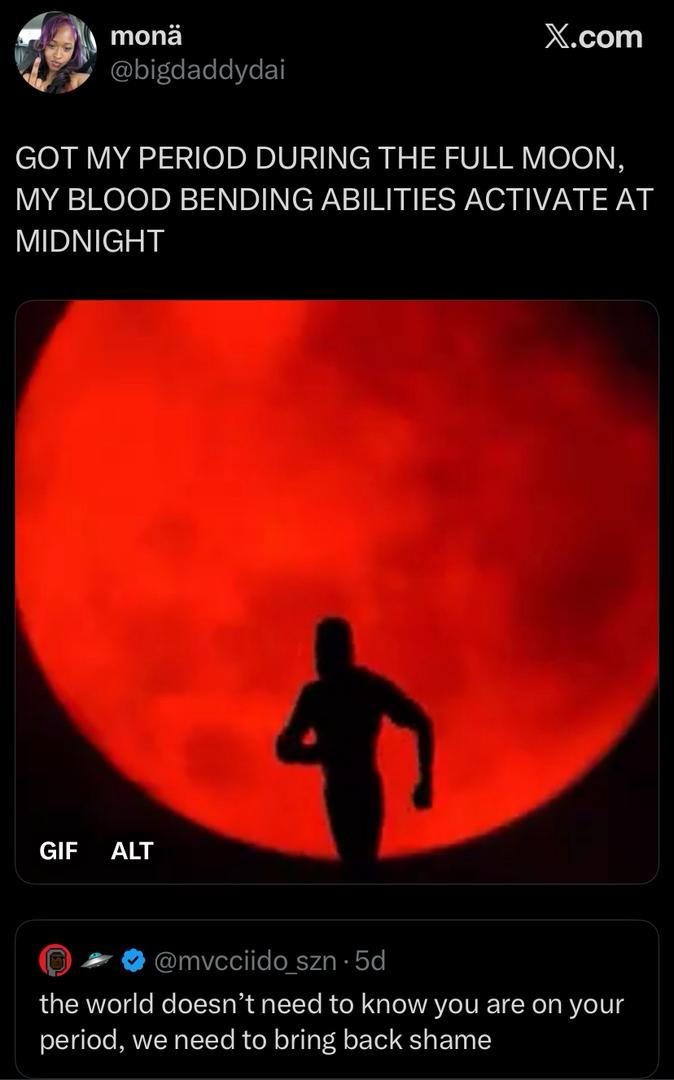
Watching this unfold, I realized I've actually never had to think about whether discussing a normal bodily function would make me less respectable. And that privilege to just be without negotiating shame, is exactly what millions of Nigerian women don't have.
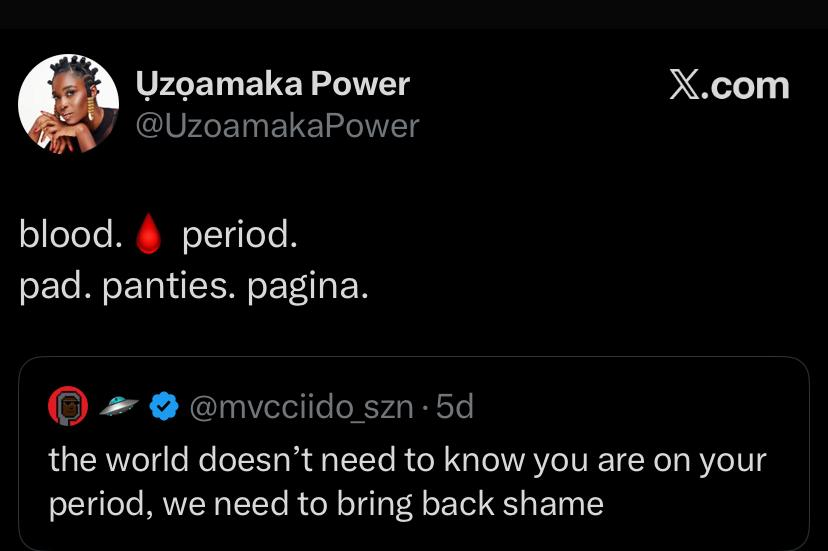
So let's talk about what happens when half the population is told to be silent about menstruating. Silence has a price tag, and it’s women and girls who pay it. Right now, 37 million Nigerian women and girls are facing period poverty. The cost of sanitary pads has jumped by over 400% in just 2 years. For women living on the margins, that's nearly half their daily earnings gone on one pack of pads. It hardly works.
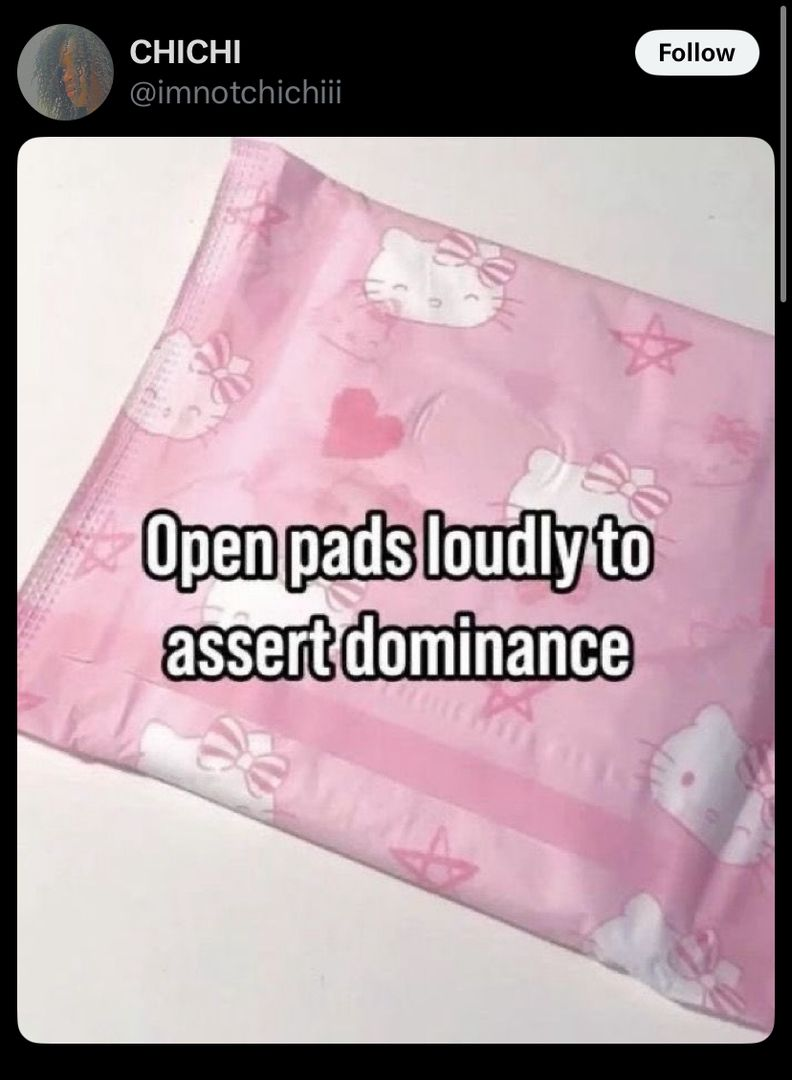
Some girls are forced to improvise by condition, using newspapers, rags, anything that can absorb blood and buy them a few hours of “dignity”. The result is irritation, infection risk, leaks, and the humiliation that keeps students out of class. They miss an average of 24% of their school year, that's one in four days gone. UNICEF reports that one in 10 African girls skip school entirely during their periods. One in ten.
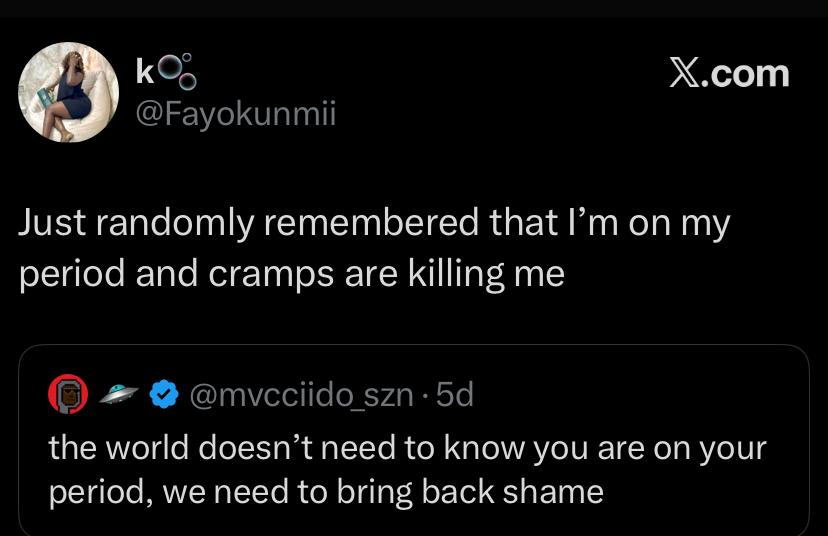
When you can't afford menstrual products, you don't just miss class. You fall behind. Some girls use one pad all day despite heavy flow, risking Toxic Shock Syndrome, a serious bacterial infection that can kill. For millions of women, managing menstruation isn't about comfort or convenience, it's a monthly crisis. And we want them to be quiet about it?
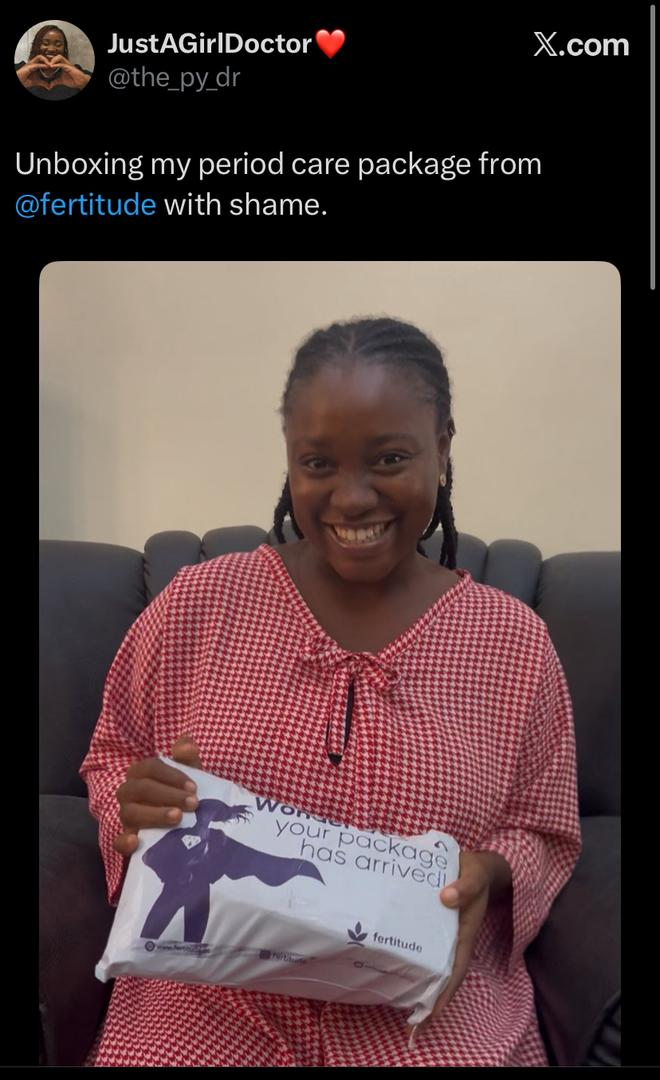
Well, the women aren’t.
Period poverty, simply put, is the lack of affordable products, reliable information, and safe facilities to manage menstruation. It's a public health issue and the people solving this problem aren't waiting for permission or government intervention. They're just doing the work.
Ashley Lori started PadUp Africa after managing her own period as a child using newspapers and rags. Her organization has reached over 12,000 girls with pads and menstrual health education.
Karo Omu founded Sanitary Aid for Nigerian Girls (SANG) in 2017. Over 20,000 girls in low income communities, public schools, and IDP camps have received sanitary products because she decided someone needed to act.
Dear Ambitious Girl is building what they call "a scalable, global model", pairing period kits with mentoring and leadership training, equipping girls with products and confidence.
Fertitude, is a reproductive health tech platform, combining period tracking, AI health assistance, medical experts, and community support, creating a space where women can navigate their reproductive health with dignity and access to information.

One response also caught my attention: "Women have found whole communities by simply sharing their experiences around periods and other reproductive issues. Dysmenorrhea. Amenorrhea. PCOS. Fibroids. Retroverted uterus. PMS. Hormonal imbalance. Yeast infections. Menopause. Vaginismus. Who decorum help? Abeg Shift"
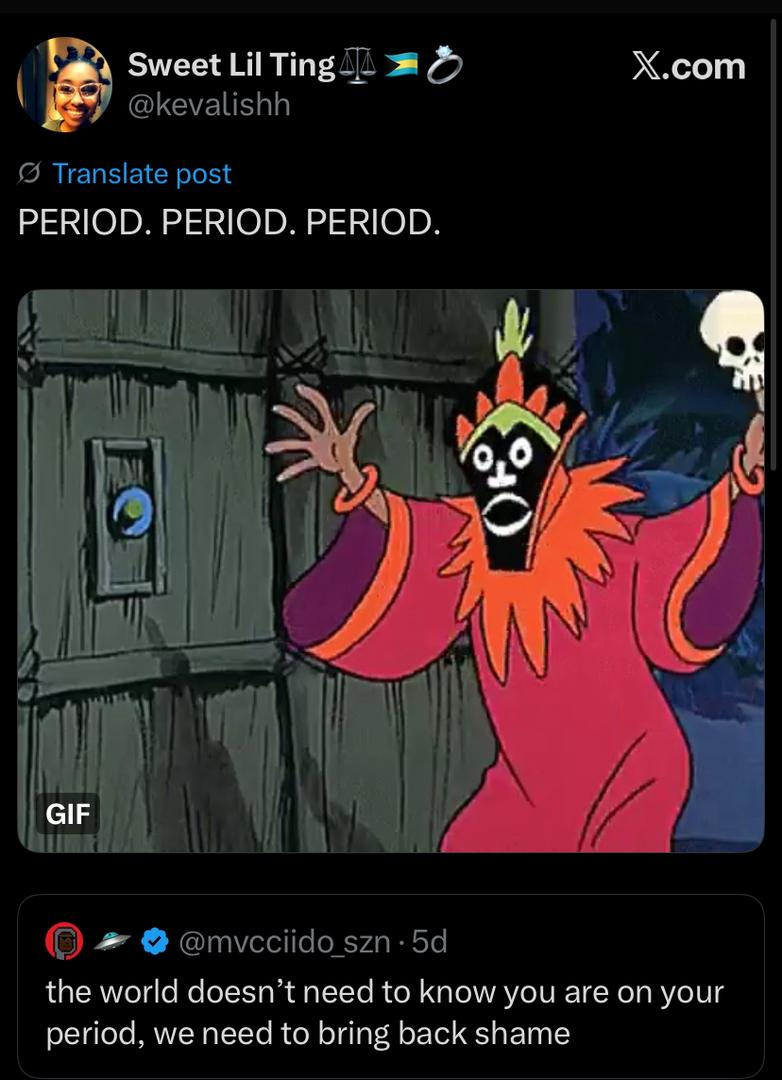
Who decorum help?
When people stay quiet about painful periods, they don't discover that what they're experiencing has a name, dysmenorrhea and it's treatable. When irregular cycles are too shameful to mention, conditions like PCOS and fibroids go undiagnosed. Silence doesn't preserve dignity. It isolates people from information that could change their lives.
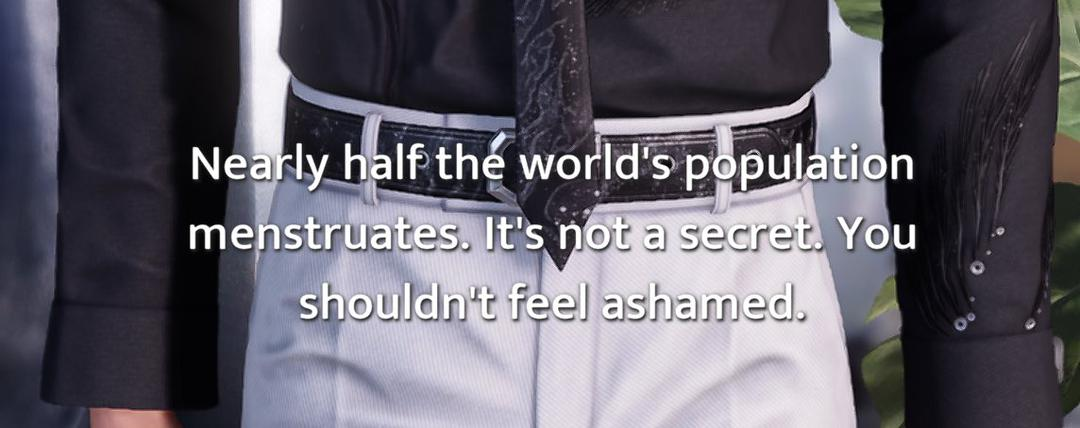
Half of humanity menstruates. If half of humanity did anything monthly, we wouldn’t call talking about it “too much.” We’d call it normal.
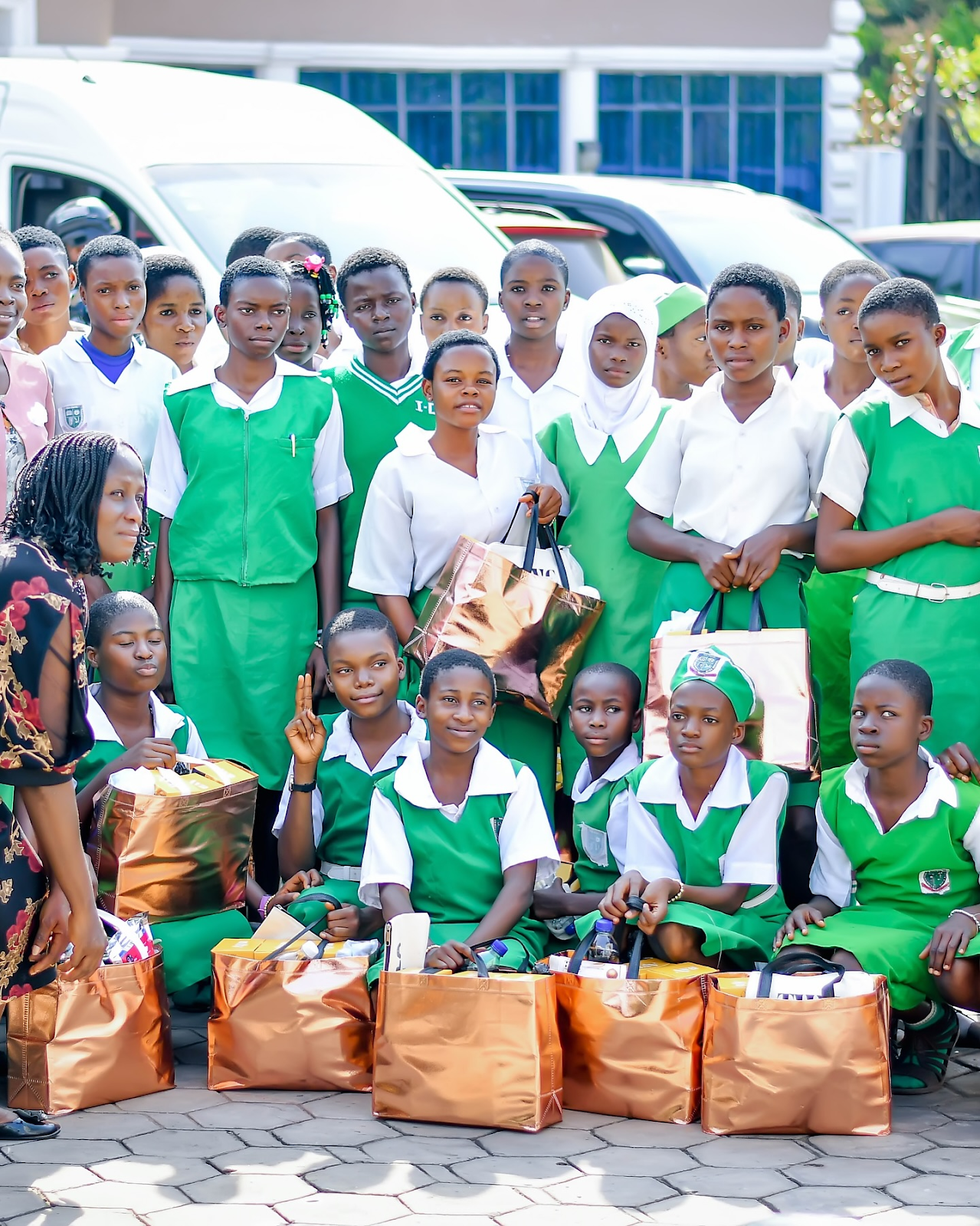
So, thank you, for bleeding through poverty and stigma, for the logistics and contingency plans, for showing up anyway. Thank you to the mothers teaching that menstruation is human, not shameful. And thank you to the organisations turning isolation into community: Dear Ambitious Girl, SANG, Pad Up Africa, and many others.
Half of us are bleeding. The other half came from someone who did. This isn't oversharing, it's existing. If there’s anything to “bring back,” let it be awareness.
.svg)

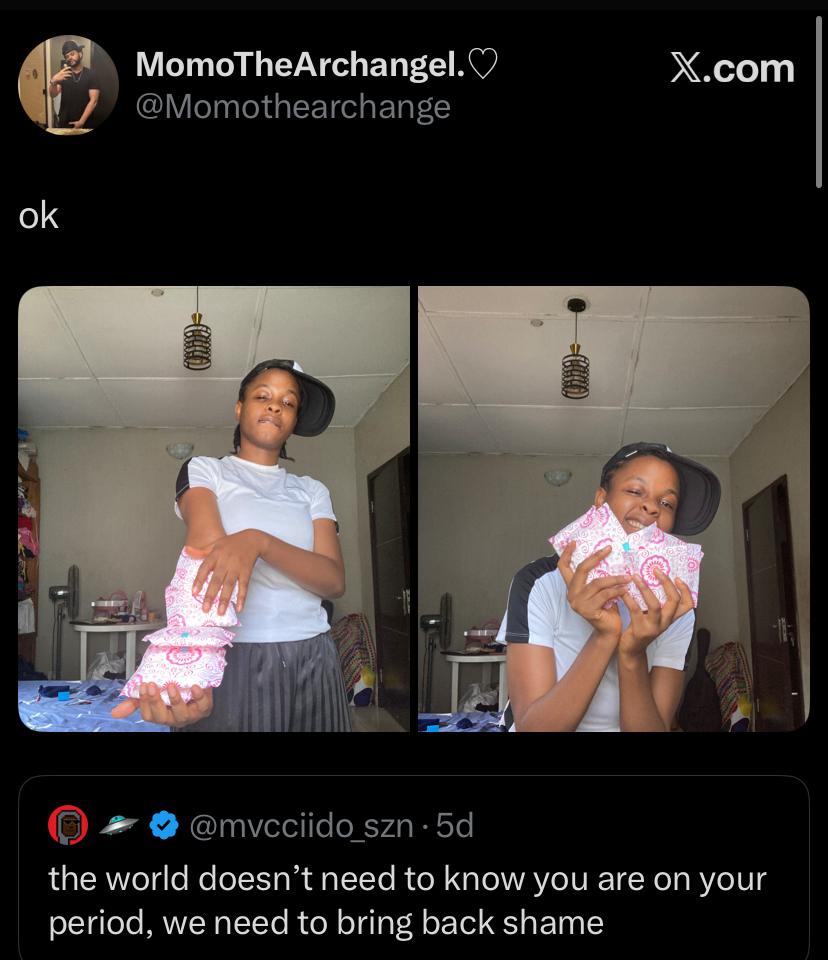
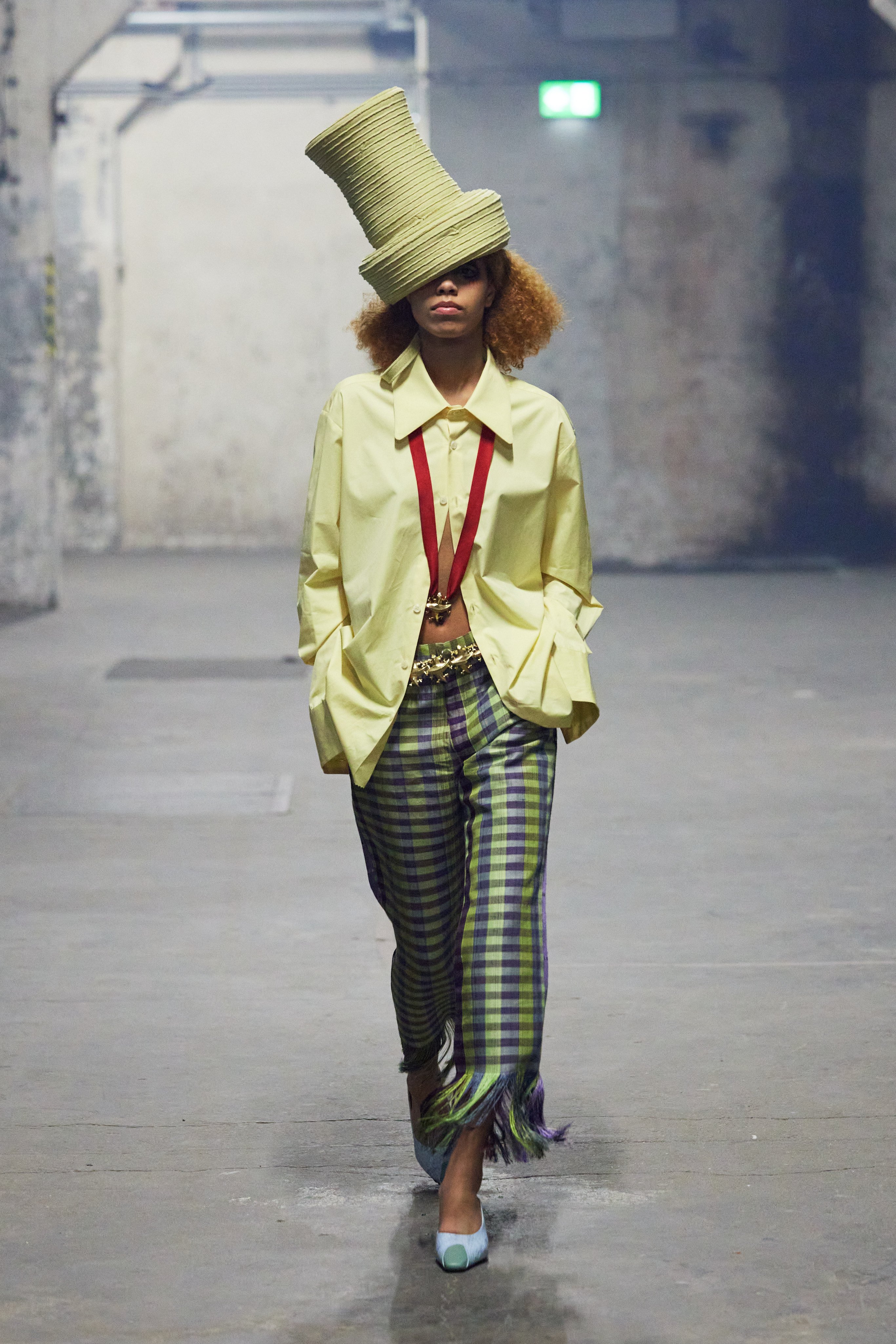




.png)

